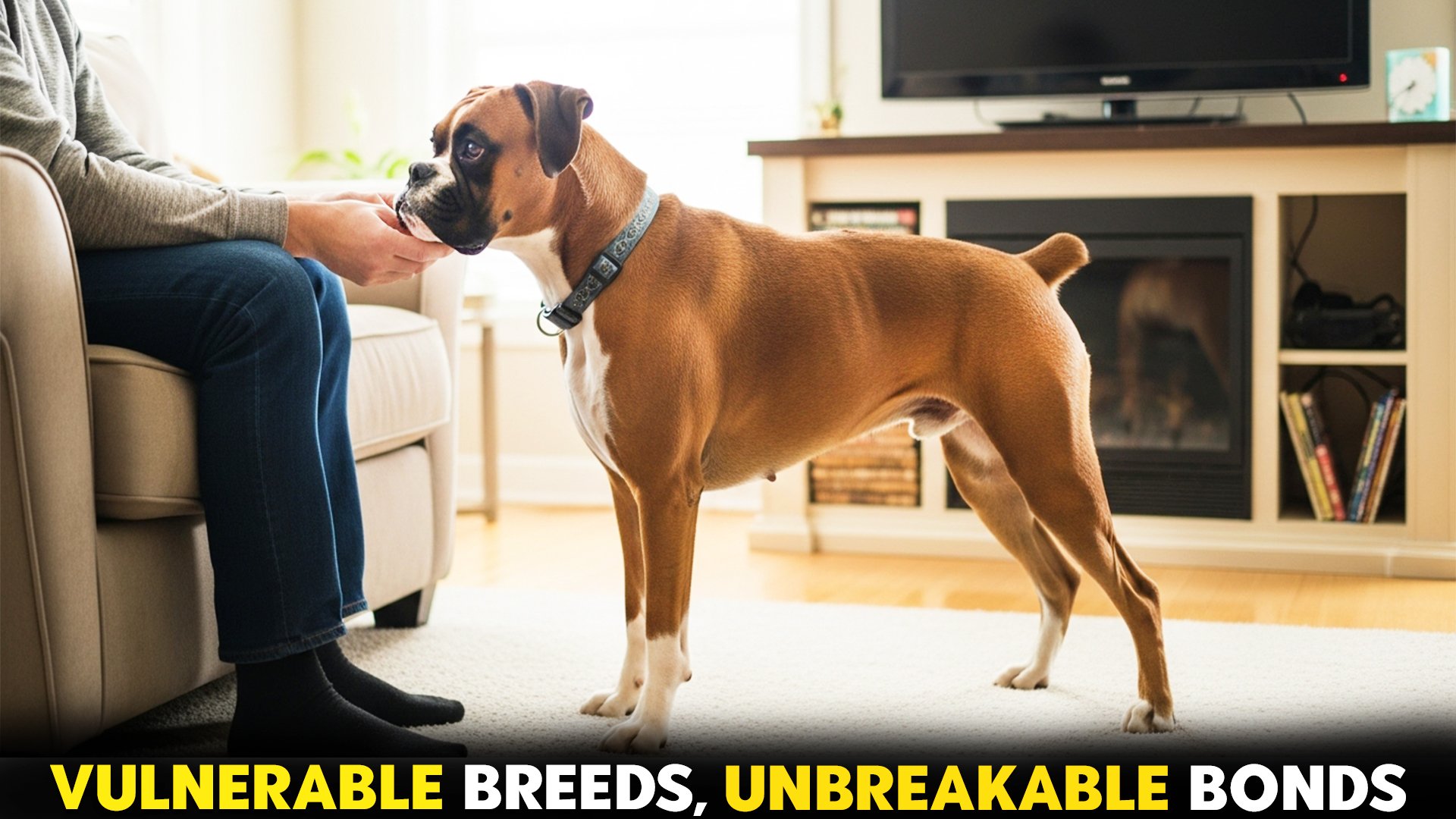Some dogs leave an indelible mark on our hearts, even if their time with us is far too short. Vulnerable, short-lived dog breeds are often delicate, facing health challenges that limit their lifespan—but what they lack in years, they make up for in love, devotion, and unforgettable companionship.
Certain breeds may require extra care, but they reward every moment with affection, loyalty, and personality that seems larger than life. Understanding these breeds means appreciating the fragility behind the fur, learning how to protect their health, and cherishing every playful tail wag and soulful gaze.
While some may be prone to genetic conditions or health vulnerabilities, their spirits often shine brighter than most longer-lived breeds. For dog lovers who embrace a life of intensity, joy, and careful attention, short-lived breeds offer a profound connection that lingers long after their time ends.
We will dive into the most vulnerable dog breeds, highlighting what makes them special, how to care for them, and why every second spent with them is precious.
Fact: Smaller breeds often live longer than giant breeds. For example, Great Danes average 6–8 years, while tiny Chihuahuas can reach their late teens.
Most Vulnerable Short-Lived Dog Breeds
1. Boxer
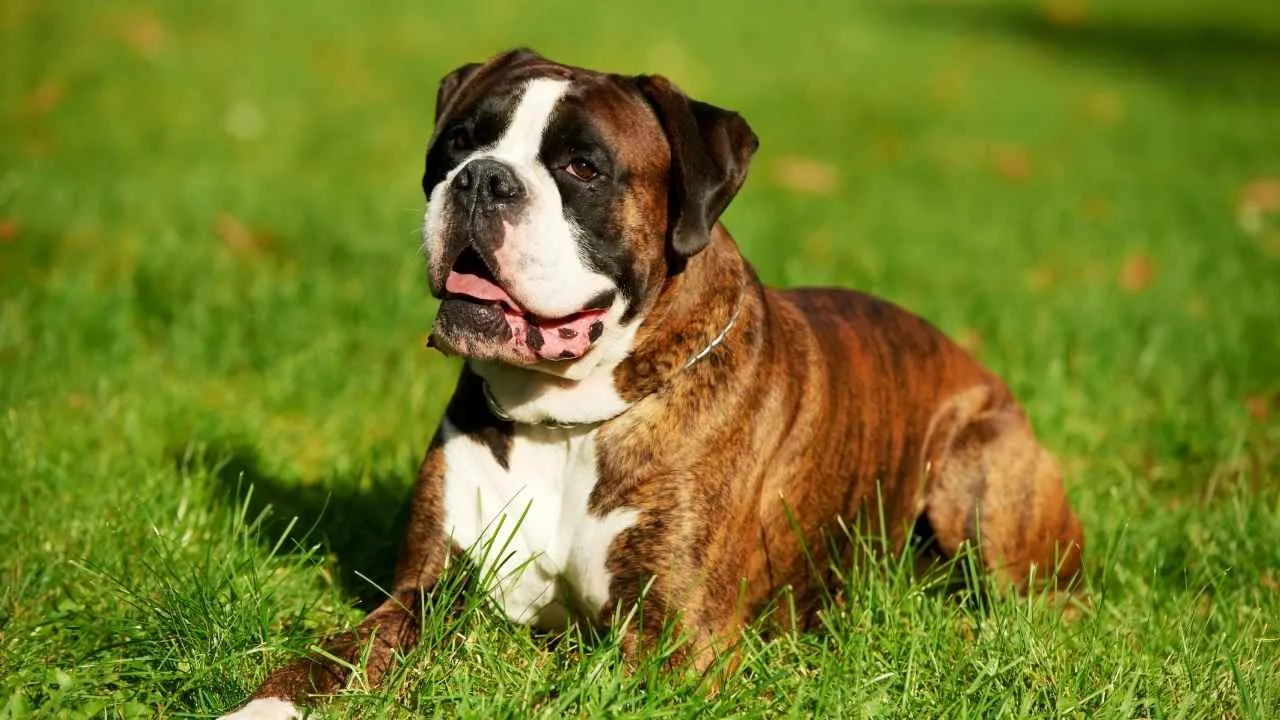
Boxers are the clowns of the dog world — endlessly playful, full of goofy expressions, and completely unaware of how big they actually are when they try to curl up in your lap.
Thanks to its well-known courage, alertness, and intelligence, the Boxer has long been favored for police work, while also earning admiration as a loyal watchdog and affectionate companion.
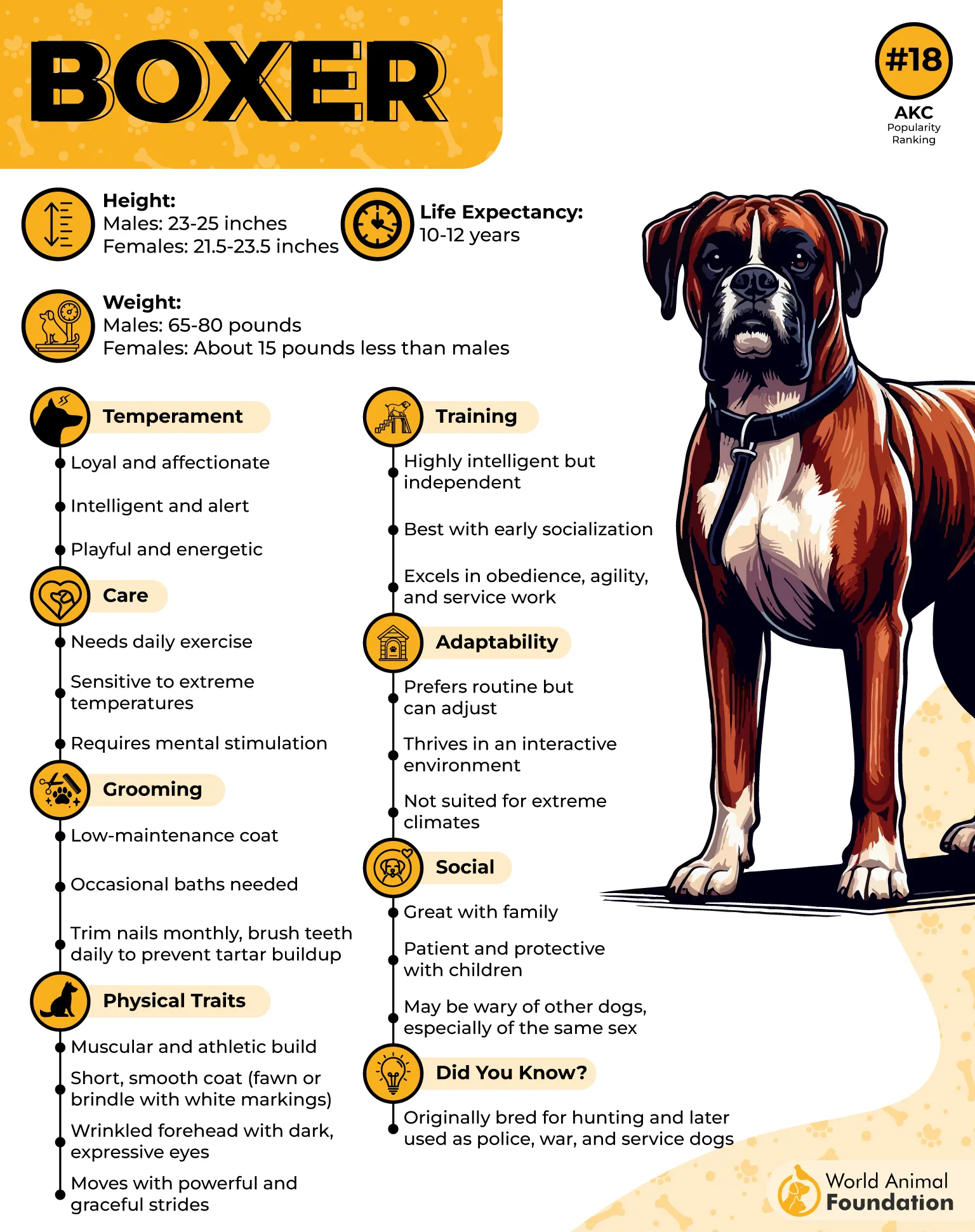
With their muscled build and soulful eyes, they’re equal parts athlete and cuddle bug. Sadly, these lovable goofballs only stick around for about 9–10 years, which feels far too short for such big personalities.
As per Britannica, the Boxer tends to be moderately friendly toward other dogs, pets, and strangers, yet shows deep affection and loyalty toward its own family. This breed is ideal for active individuals, though its high energy and playful nature can be a bit overwhelming for small children or older adults.
Common Health Concerns for Boxers:
Cardiomyopathy (heart disease)
Cancer (especially mast cell tumors and lymphoma)
Respiratory issues
Hypothyroidism
Boxers are known for their boundless energy — if you’ve ever seen one doing laps around the living room at midnight, you know exactly what I mean — but that same athleticism doesn’t protect them from a few health hiccups along the way.
Still, Boxers live every single day at full throttle, making sure you remember that happiness is best expressed with a wagging tail and a goofy grin. You’ll never have a dull moment — or an empty couch cushion — with one around.
2. Bernese Mountain Dog
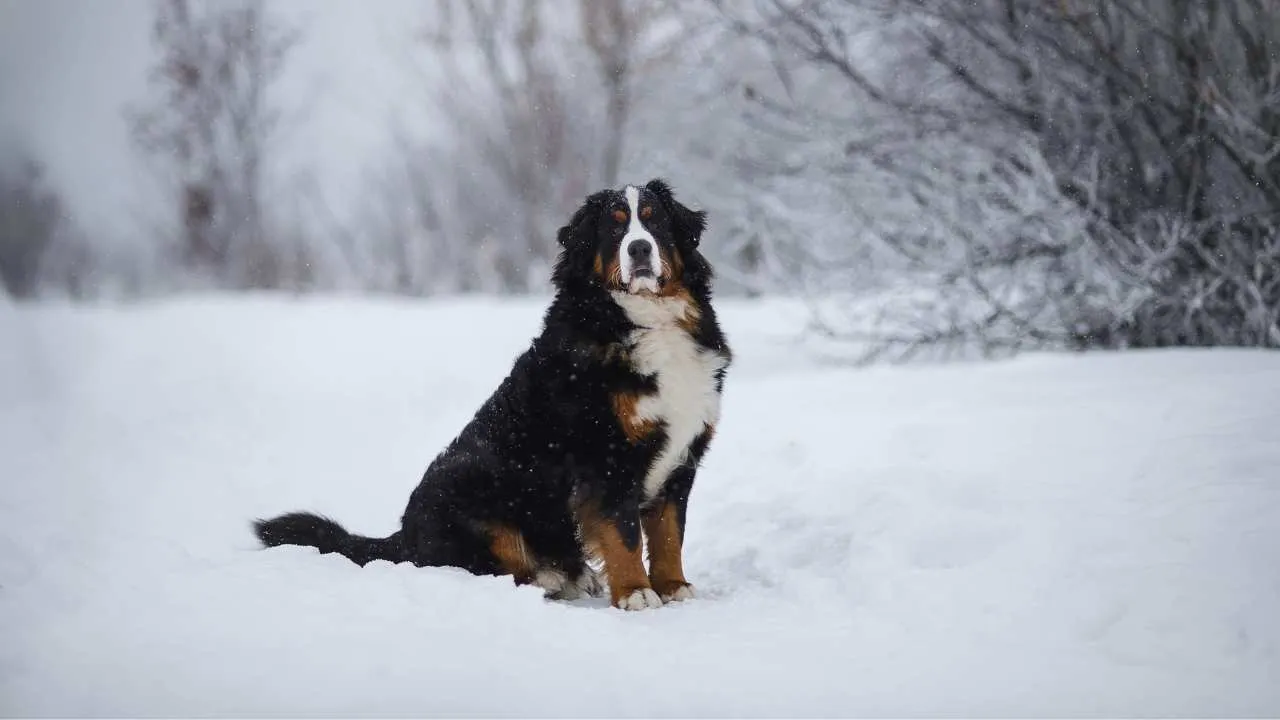
If clouds were dogs, they’d probably look like Bernese Mountain Dogs — big, fluffy, and so huggable you could mistake them for a walking pillow.
These majestic pups are the gentle giants of the canine world, tipping the scales at around 110 pounds. With their stunning tri-colored coats — black backs, snowy white chests, and those signature rust-colored eyebrows that give them permanent “kind eyes” — it’s no wonder they melt hearts wherever they go.
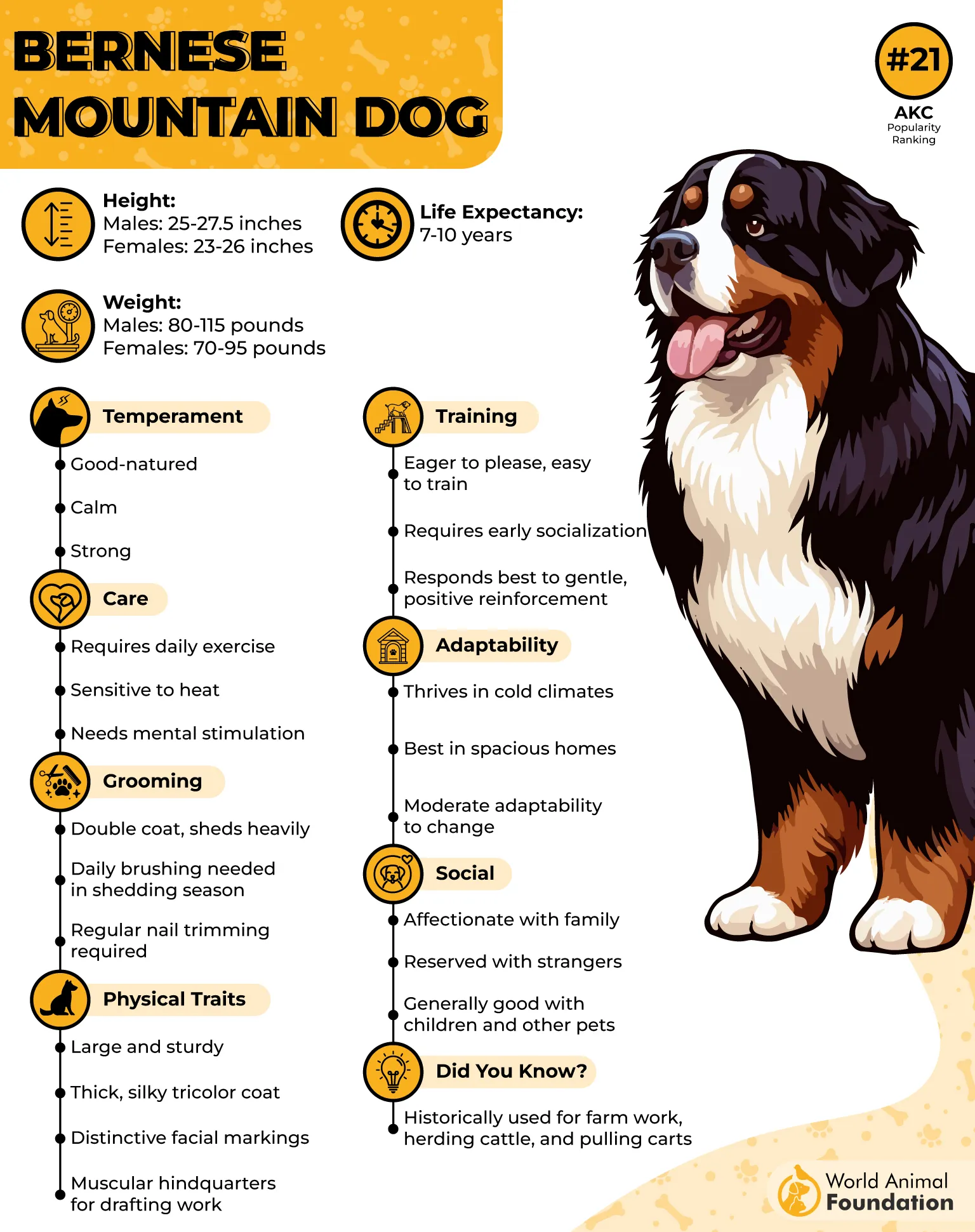
Bernese Mountain Dogs typically live around 7–10 years, though sadly, some recent breeding practices have shortened that to closer to 6–8 years.
Despite their size and strength, they’re softies at heart — calm, affectionate, and happiest when surrounded by family (preferably while lying directly on your feet).
Common Health Concerns for Bernese Mountain Dogs:
Cancer
Bloat (Gastric Dilatation-Volvulus)
Heart Issues
PetMD noted Bernese Mountain Dogs are known for their heavy, year-round shedding, requiring a pet parent who’s committed to regular grooming and doesn’t mind finding extra fur on the furniture, floors, or clothes.
Even with their shorter lifespans, Bernese Mountain Dogs make every moment count. Their gentle nature, loyalty, and endless fluff supply remind us that sometimes, the biggest dogs have the biggest hearts — and the warmest snuggles.
3. French Bulldog
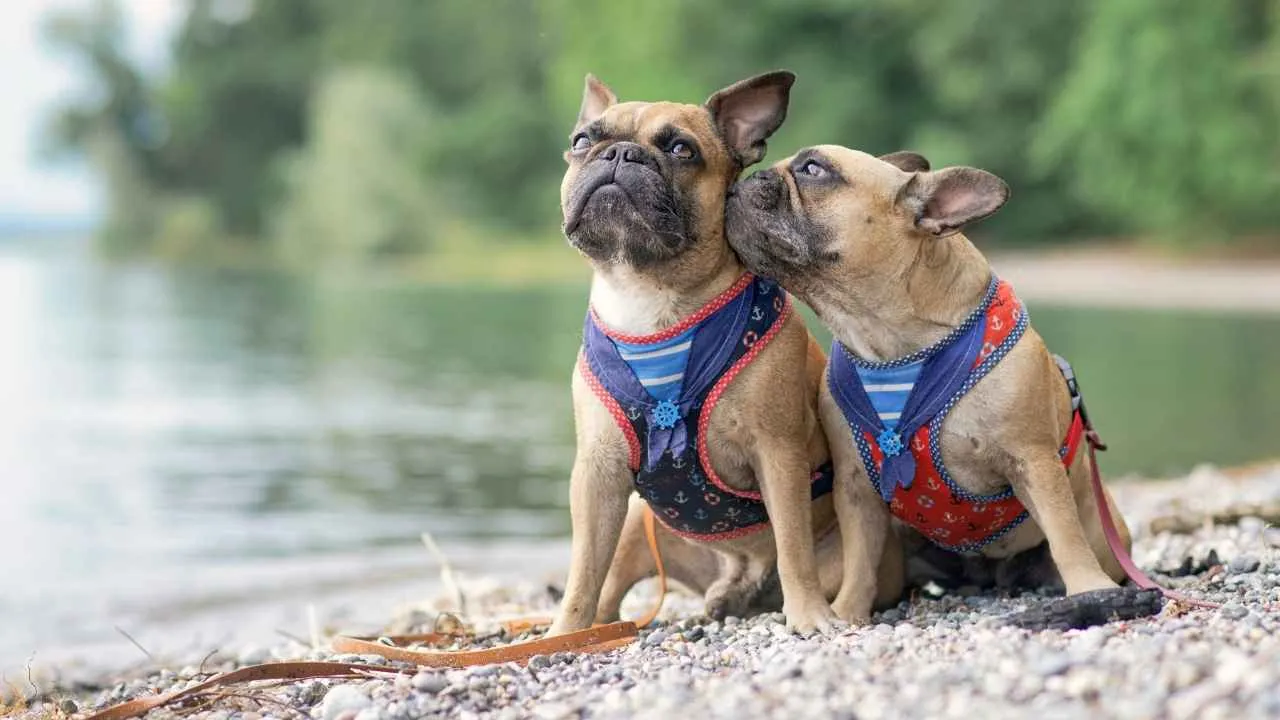
French Bulldogs — or “Frenchies” if you’re on nickname terms (and let’s be honest, everyone is) — are proof that great things really do come in small, snorty packages.
According ot the American Kennel Club (AKC), they stand out as one of the most beloved small-dog breeds worldwide—particularly favored by city dwellers.
With their bat-like ears, smooshy faces, and “I own this couch” attitude, these little dogs have taken over homes, social media, and hearts all around the world.
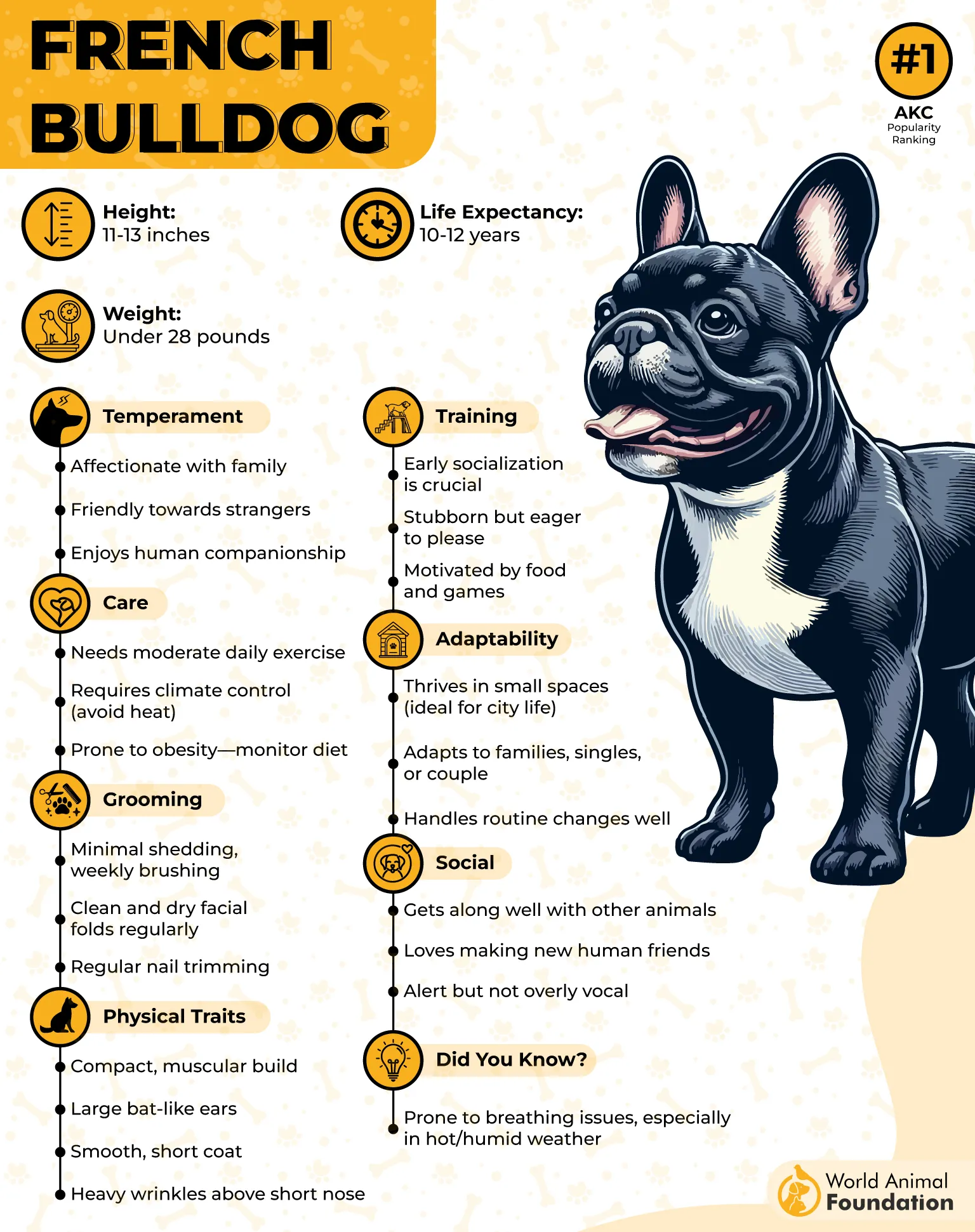
Though their adorable good looks come with a few built-in challenges. Despite their small size, Frenchies have huge personalities.
Common Health Concerns for French Bulldogs:
Brachycephalic Airway Syndrome
Heat Sensitivity
Spinal and Joint Issues
Eye Problems
They’re charming, loyal, and love to be the center of attention (preferably while wearing a cute sweater). But that signature flat face that makes them so recognizable also causes some serious health concerns.
Despite the vet bills and the occasional snoring symphony at night, French Bulldogs bring an unmatched mix of sass and sweetness to any home. They might not fetch your slippers or chase squirrels, but they’ll absolutely steal your heart — and probably your spot on the couch.
4. Rottweiler
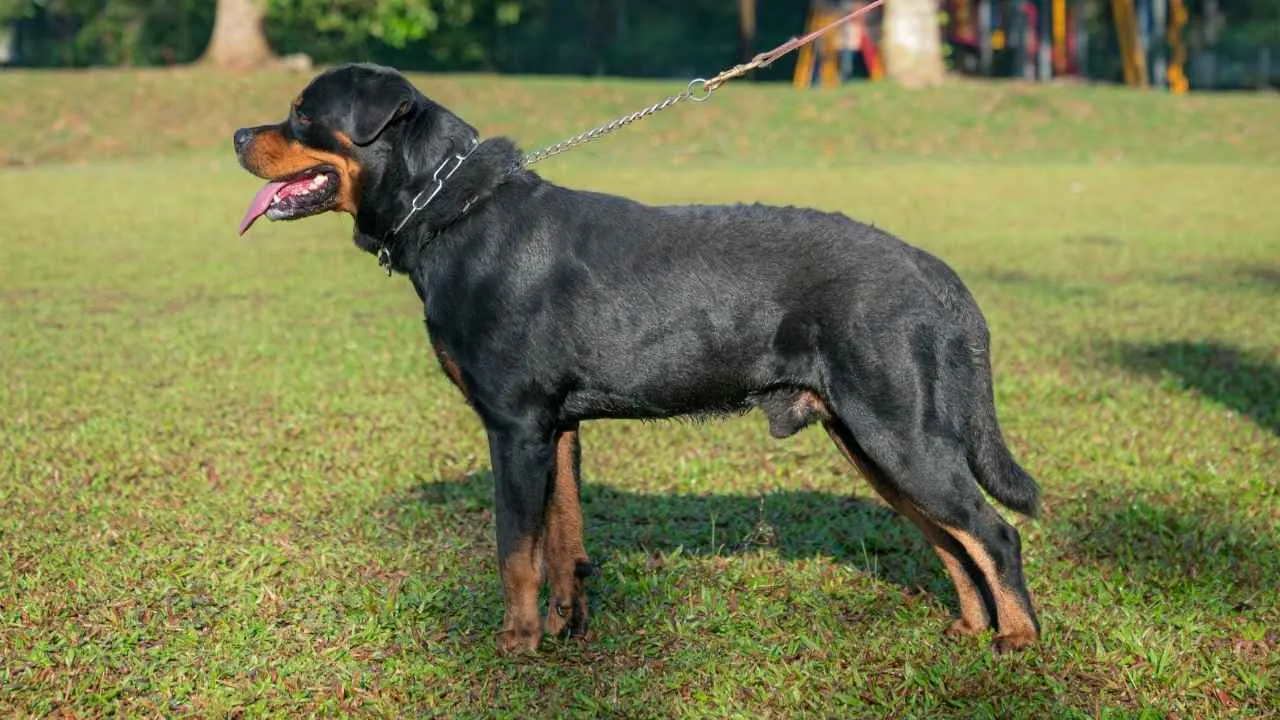
Rottweilers often get an unfair bad rap for being tough or aggressive — but anyone who’s ever shared a couch (or a heart) with one knows the truth: behind that serious face is a big softie who just wants to love and protect their people.
Rottweilers are a large and powerful breed distinguished by their broad head, short, sleek coat, and wide-set, expressive eyes. Today, they rank among the most popular dog breeds in the United States.
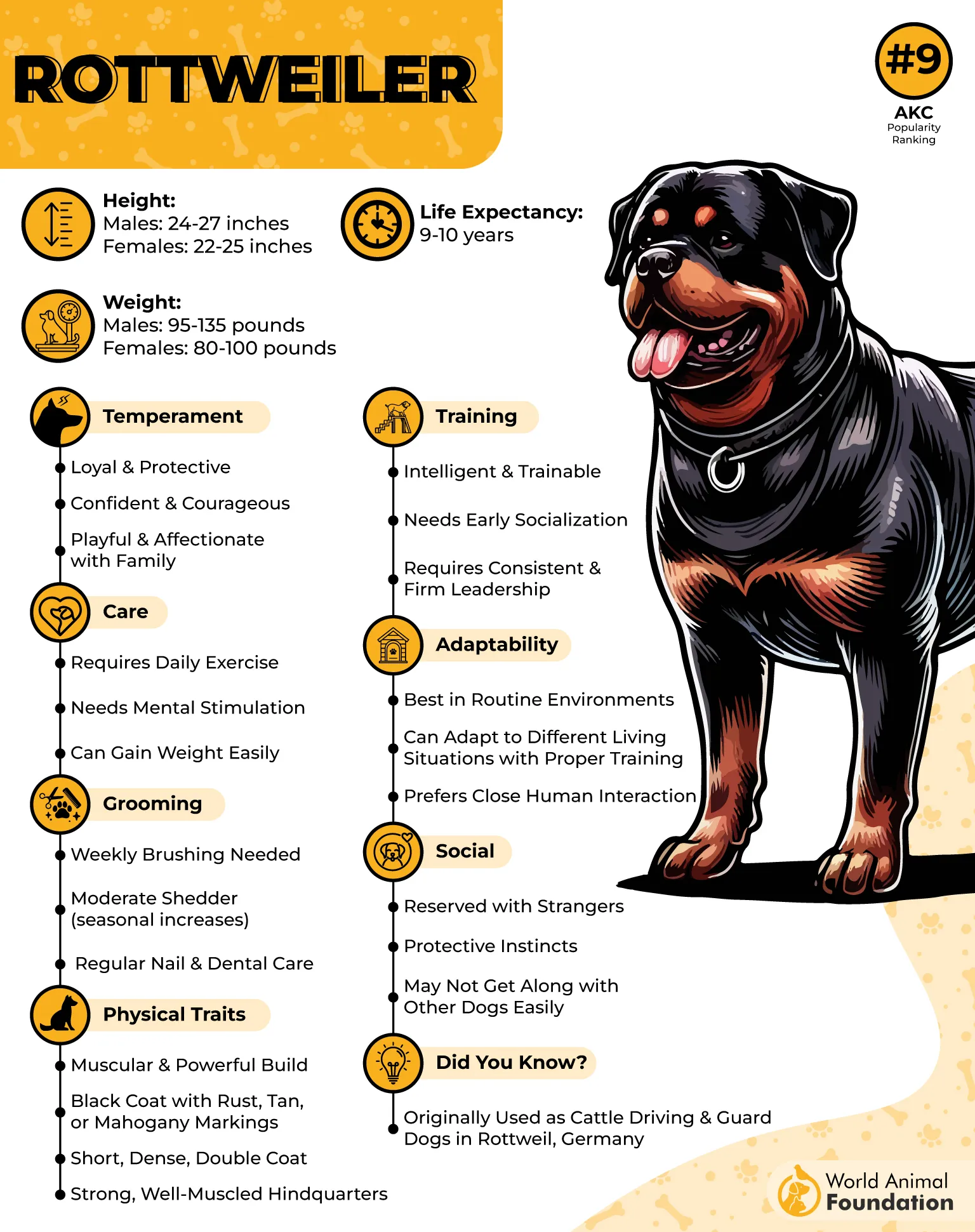
Think of them as the gentle giants of the guard dog world — strong, confident, and secretly obsessed with belly rubs. Rottweilers are solid, sturdy, and downright majestic.
With an average lifespan of 9–10 years, Rotties live each one of those years with loyalty that runs deep and devotion that never quits.
Common Health Issues for Rottweilers:
Bone Cancer (Osteosarcoma)
Parvovirus
Heart Issues
Hip and Elbow Dysplasia
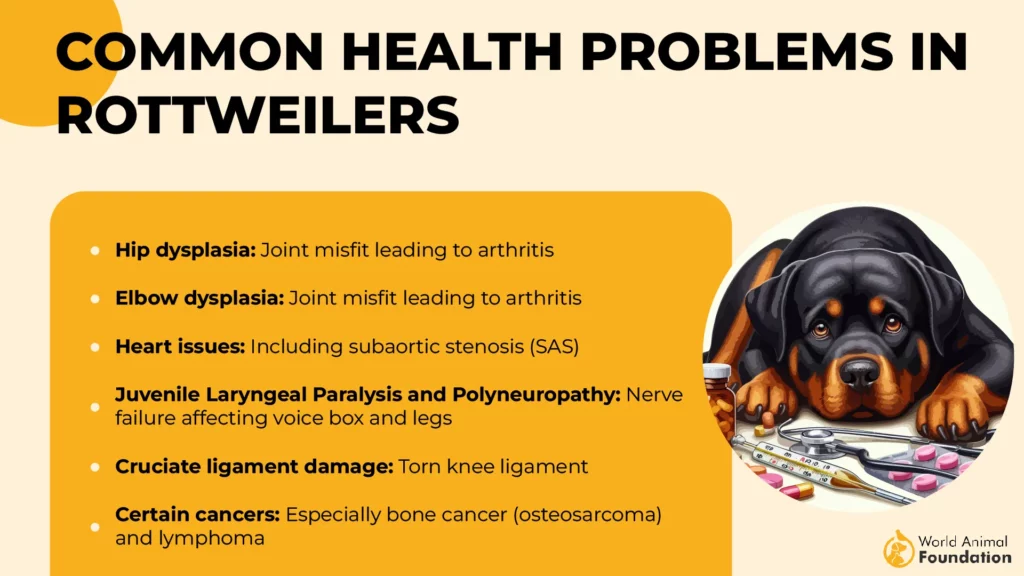
Despite their tough looks, Rottweilers are total softies with their families — protective when needed, goofy when relaxed, and always ready to stand by your side. With the right care, training, and love, a Rottie will reward you with unwavering loyalty and a bond that’s truly unbreakable.
5. Irish Wolfhound
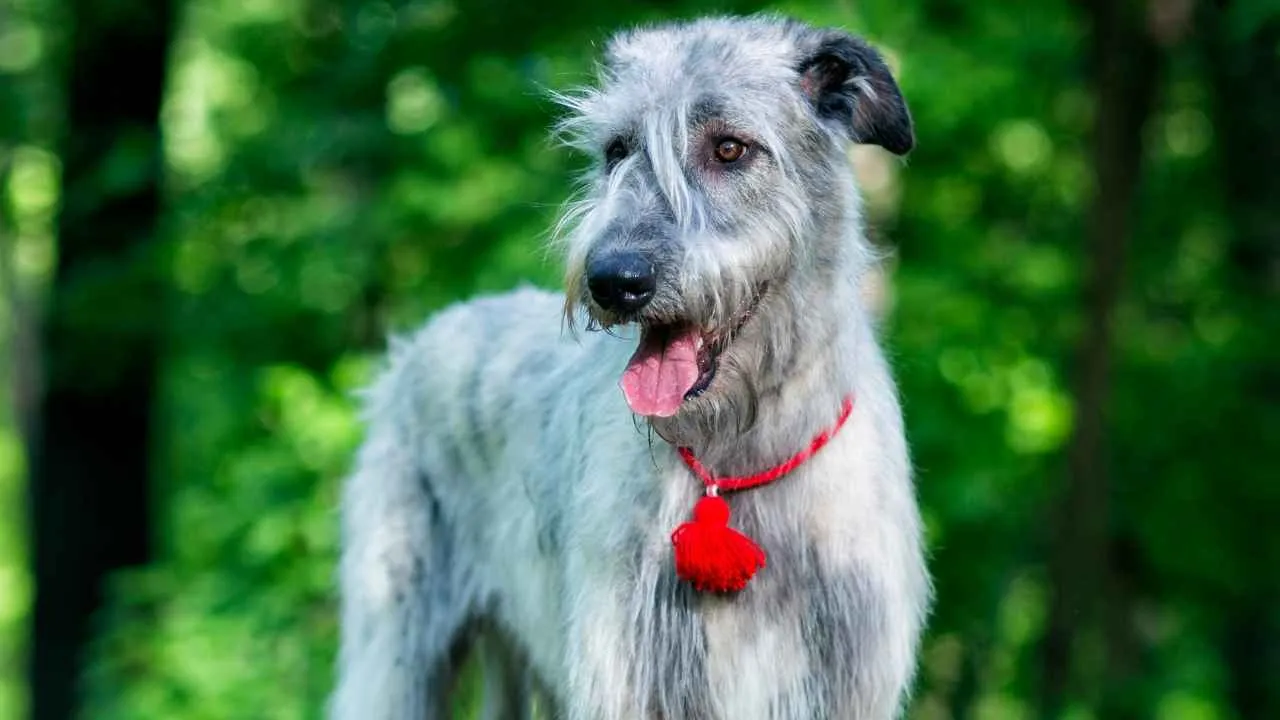
If you’ve ever dreamed of owning a dog that can look you straight in the eye while standing on all fours, meet the Irish Wolfhound — the skyscraper of the dog world. This breed turns heads everywhere it goes.
They look like greyhounds that hit the “extra-large” setting, with shaggy coats and long, elegant frames built for both speed and strength. Originally bred to hunt wolves (yes, actual wolves — their name isn’t just for show), Irish Wolfhounds are surprisingly calm, gentle, and affectionate companions.
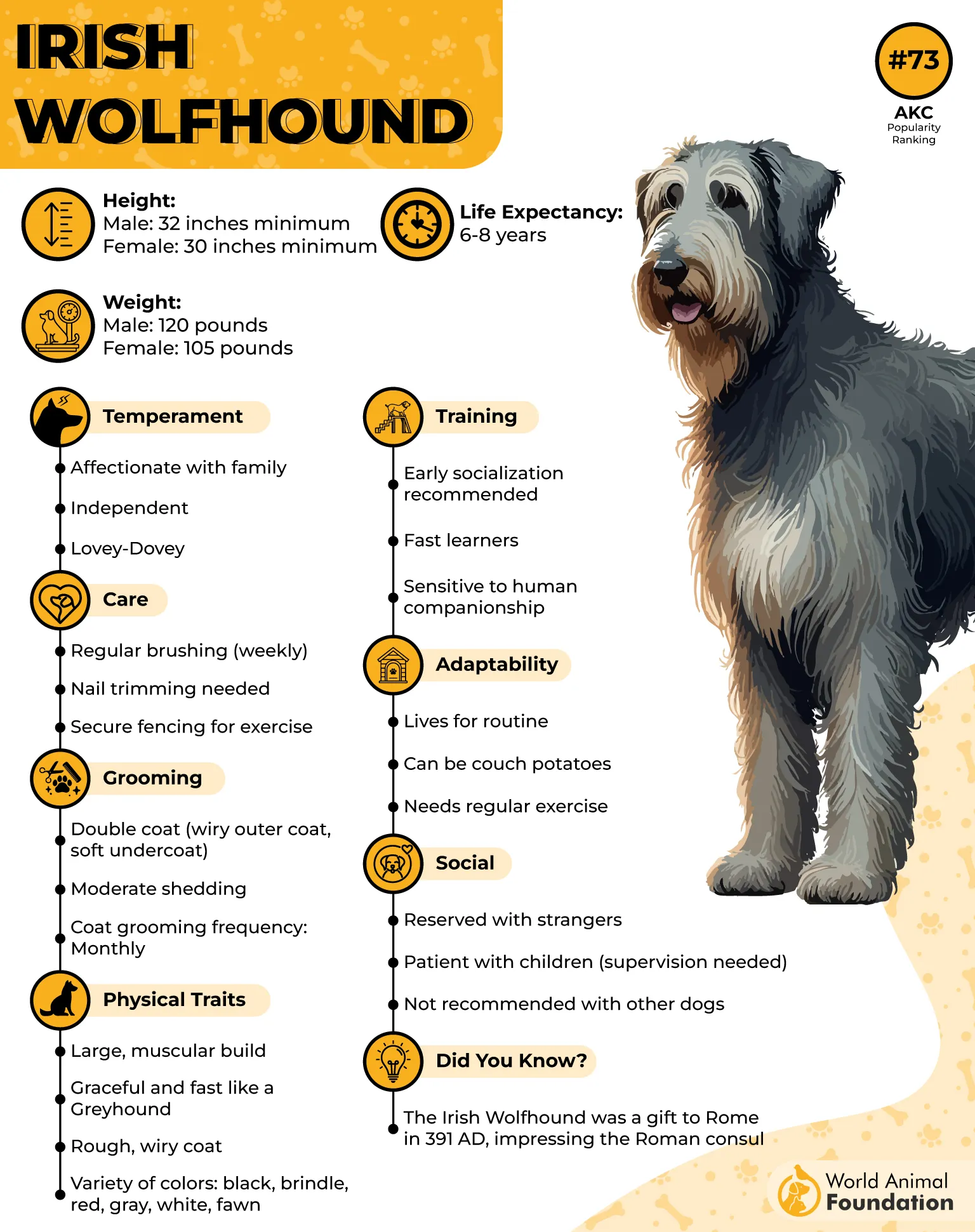
They may look like noble warriors, but they’re really soft-hearted giants who’d rather nap by your side than chase anything.
Unfortunately, that enormous size comes with a price — a heartbreakingly short lifespan of just 6–8 years. These majestic dogs live fast, love deeply, and leave pawprints far bigger than their years.
Common Health Concerns for Irish Wolfhounds:
Bone Cancer (Osteosarcoma)
Heart Disease
Von Willebrand’s Disease
Bloat (Gastric Dilatation-Volvulus)
Lymphoma
Hyperthyroidism
Despite their short stay on Earth, Irish Wolfhounds live with quiet dignity and gentle grace. They don’t just fill your home — they fill your heart (and, let’s be honest, your couch).
Loyal, noble, and endlessly loving, these towering teddy bears remind us that true greatness isn’t measured in years — it’s measured in love.
6. English Bulldog
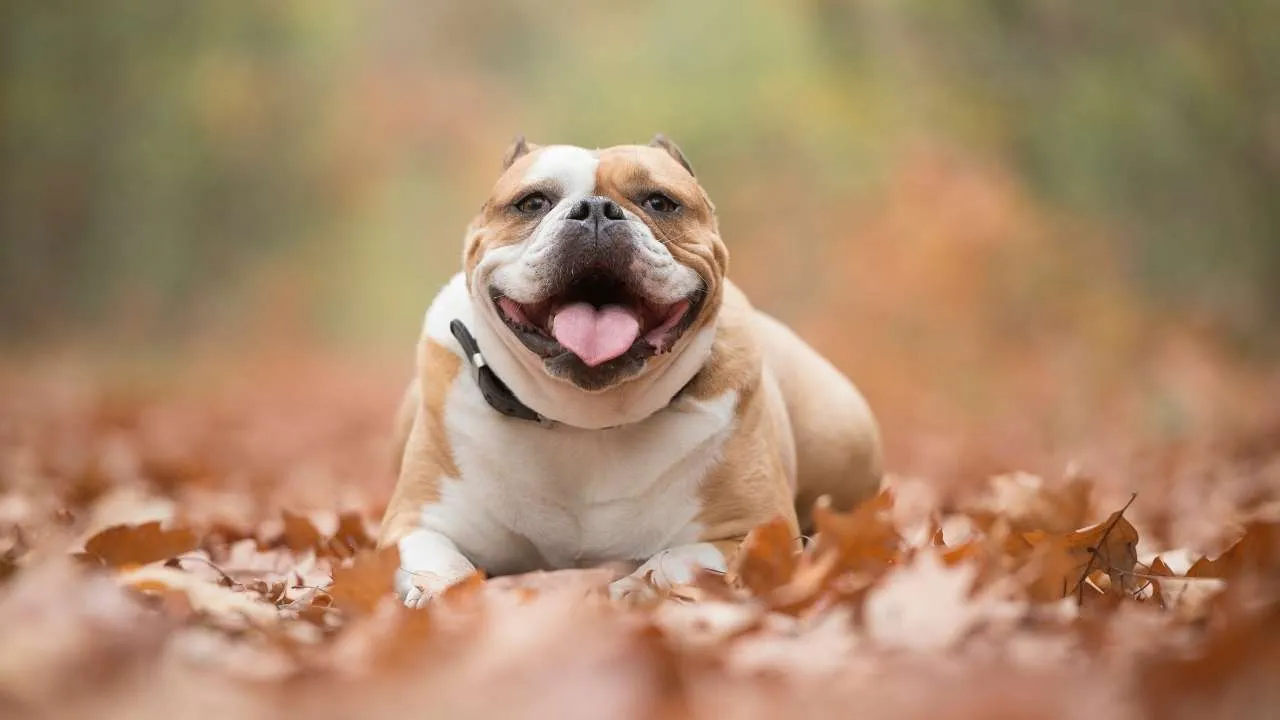
Ah, the English Bulldog — the dog that looks perpetually grumpy but is secretly a total sweetheart. With their signature smushy face, droopy jowls, and rolls that could make a cinnamon bun jealous, Bulldogs are the poster pups for charm and chill vibes.
They might not run marathons (or, let’s be honest, even short sprints), but they’re world-class cuddlers and professional nap enthusiasts.
Unfortunately, all that cuteness comes with a few… design flaws. Their iconic flat faces make breathing harder than it should be, and those extra wrinkles — while adorable — can trap moisture and cause skin problems.
Common Health Concerns for English Bulldogs:
Brachycephalic Airway Syndrome
Canine Hip Dysplasia
Obesity
Skin Allergies and Infections
Heart Problems
Add in their love for snacks and naps, and it’s no surprise that Bulldogs often struggle with weight and joint issues.
Despite their long list of health quirks, English Bulldogs are pure joy in a chunky package. They’re loyal, affectionate, and full of personality — equal parts stubborn and sweet. Sure, they may snore like a freight train and drool like it’s their job, but honestly? That’s part of their charm.
7. Great Dane
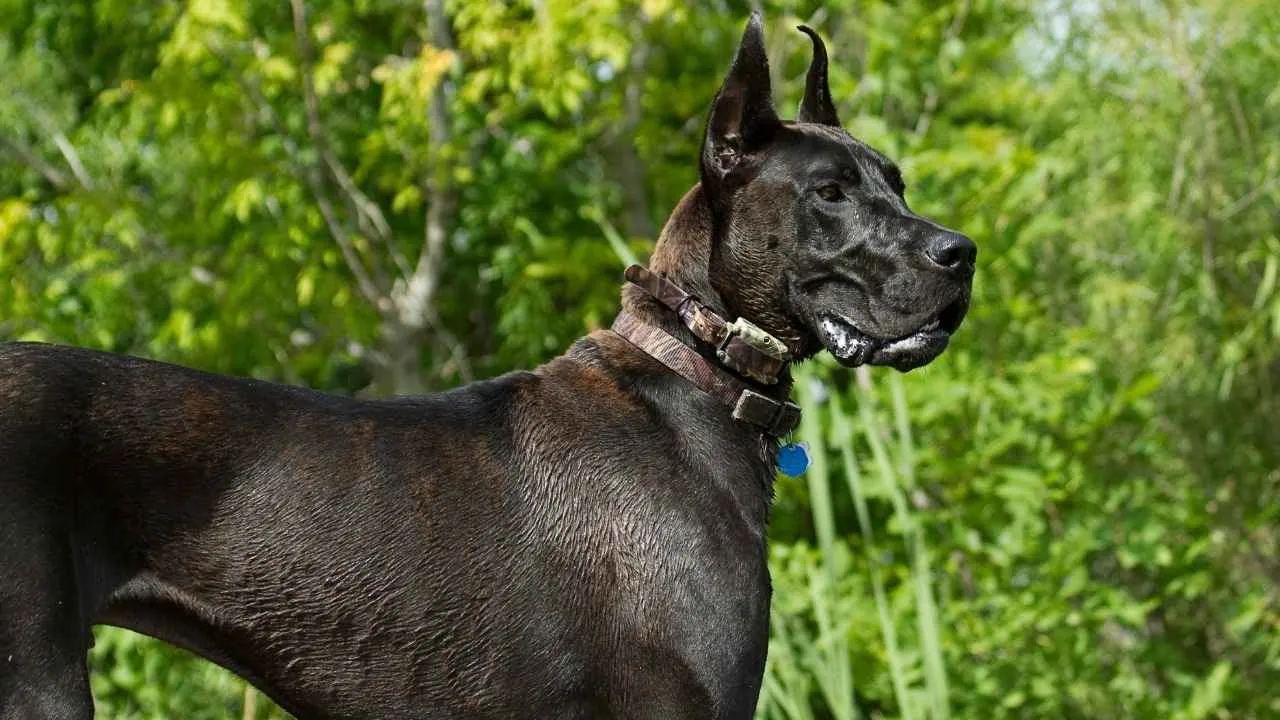
The Great Dane is the kind of dog that turns heads everywhere they go — mostly because people are wondering if that’s a dog or a small horse. These graceful giants are a sight to behold.
Despite their size, they’re famous for their gentle, affectionate nature — and their hilarious habit of trying to squeeze onto your lap like a Chihuahua.
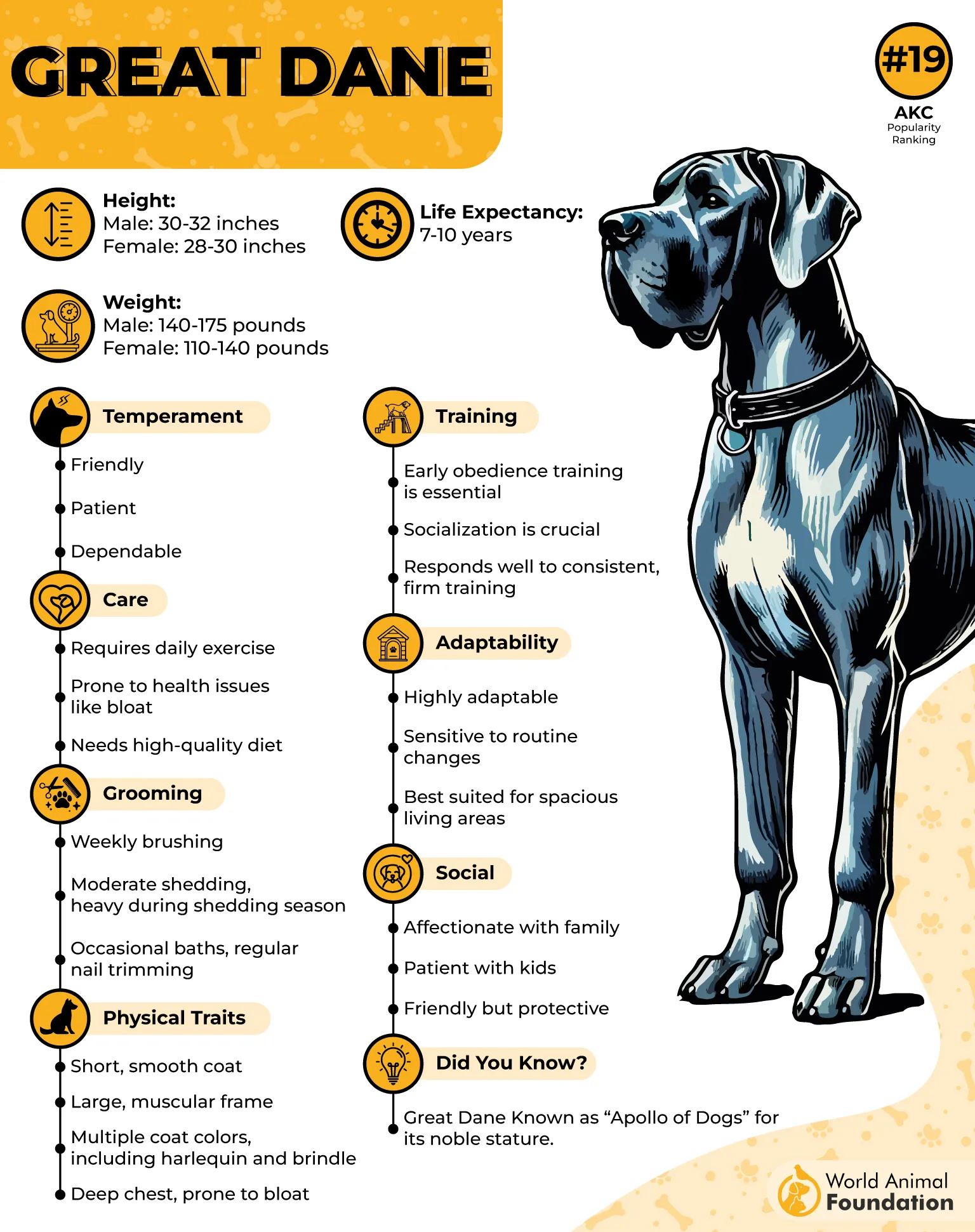
Their short, sleek coats come in all kinds of colors and patterns — from classic black and fawn to stunning harlequin — and when they move, it’s pure poetry in motion. Watching a Great Dane run is like watching a freight train powered by joy.
Sadly, their massive size comes with a price: Great Danes have a relatively short life expectancy of 6–8 years. This big dog breed may not be around as long as we’d wish, but they fill every one of those years with love, loyalty, and enough slobbery kisses to last a lifetime.
Common Health Problems for Great Danes:
Bloat (Gastric Dilatation-Volvulus)
Hip Dysplasia
Wobbler Syndrome
Happy Tail Syndrome
Despite their size — and the occasional tail that doubles as a wrecking ball — Great Danes are gentle, affectionate, and endlessly loyal. They might only share a handful of years with you, but they’ll fill your heart (and probably your couch) for a lifetime.
Conclusion
Some of the most vulnerable furry friends, such as the Saint Bernard, Bernese, Great Danes, and other large dogs, face various health problems due to their sheer size and fast growth rate. These larger breeds and larger animals often have shorter lifespans, being prone to joint problems, heart conditions like dilated cardiomyopathy and subvalvular aortic stenosis, as well as gastric torsion or bloat. Such potential health issues make regular veterinary check-ups, a balanced diet, and proper exercise crucial from an early age.
While smaller dogs and individual dogs may live longer, larger dogs tend to have their lives cut short by these common issues. To prevent bloat and other diseases, prospective owners and pet parents must provide the right dog food and monitor for health problems.
Though their short lifespan can be heartbreaking, these big dogs remain loyal, loving furry friends who enrich their owners’ lives. For prospective dog owners, choosing a specific breed with awareness of its risk factors ensures a healthier, happier life for both humans and dogs alike.


